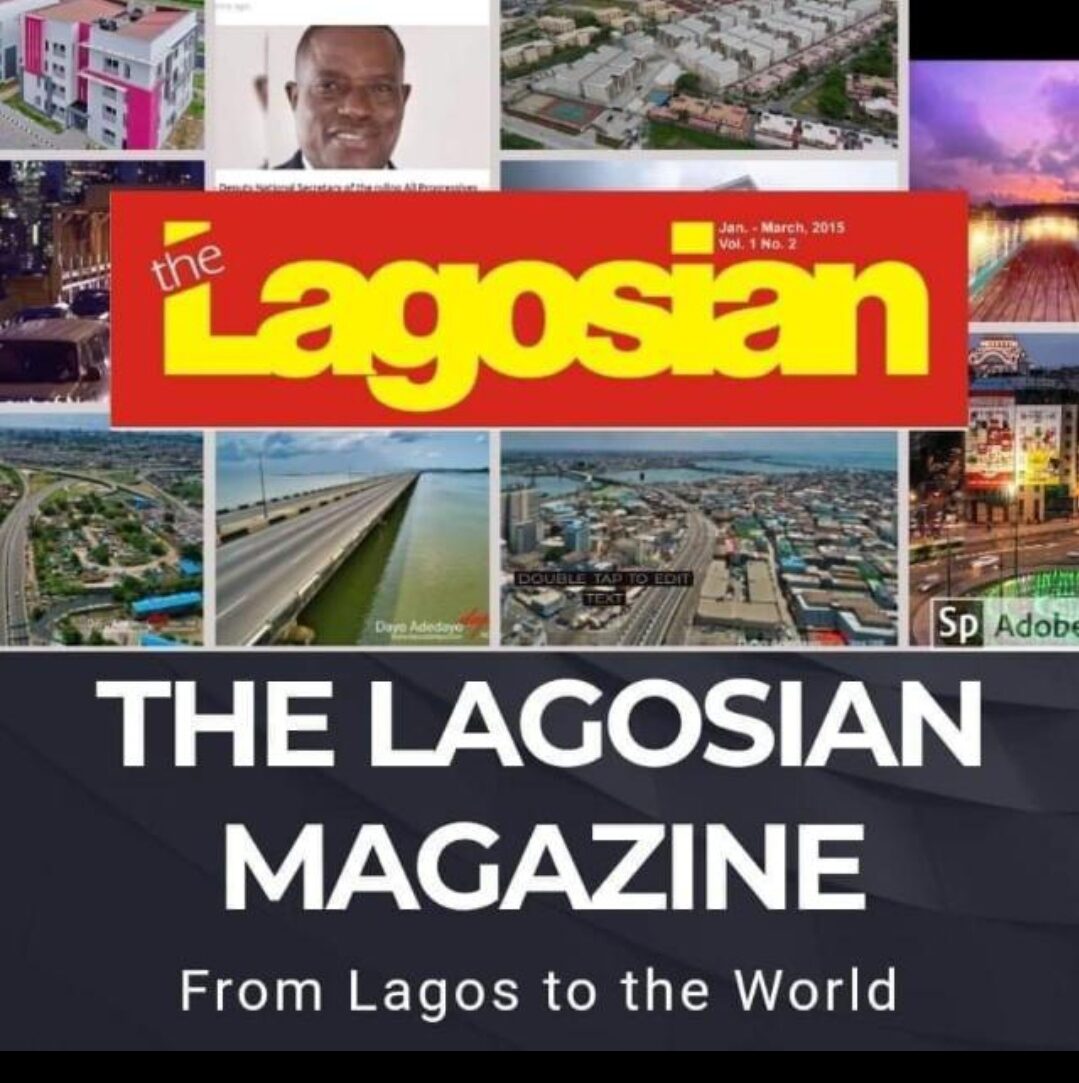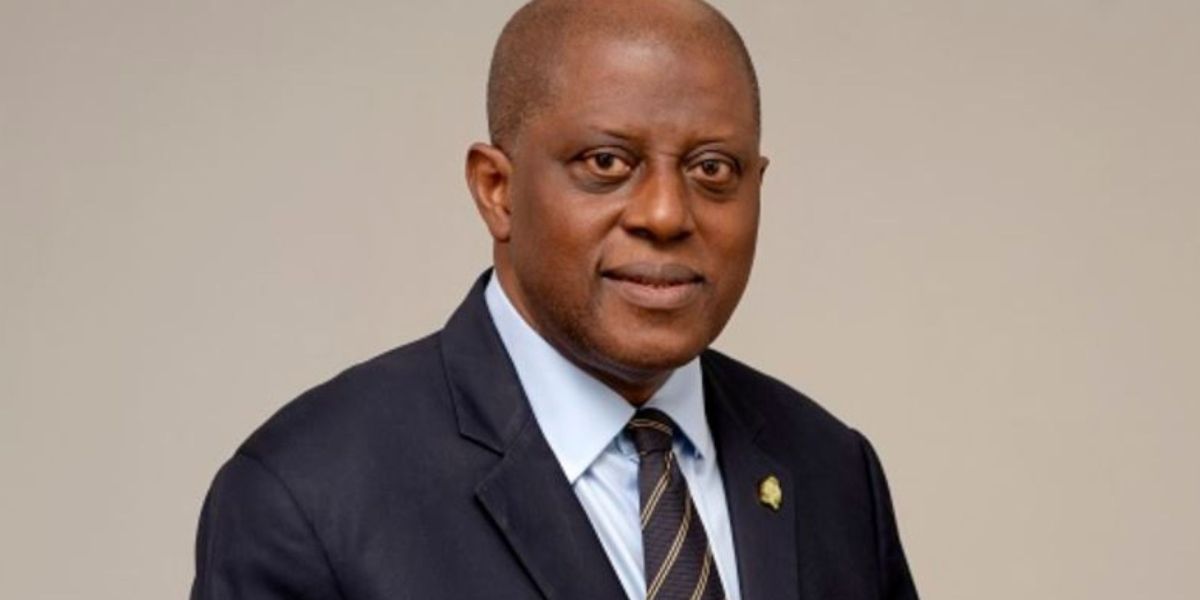By Sola Ojewusi
In recent news, the Central Bank of Nigeria (CBN) has made a significant move by hiking the Monetary Policy Rate (MPR), and the implications of this decision are profound for both Nigerian citizens and business owners alike. it’s essential to delve into the intricacies of what this interest rate hike entails and how it will affect various aspects of the economy and individual livelihoods.
To grasp the full extent of these implications, The Lagosian consulted finance and banking experts who helps us throw better light on the implications for all Nigerians.
At its core, according to experts, the MPR rate serves as a benchmark for the interest rates set by banks and other financial institutions. With the recent increase from 22.75% to 24.75%, they say, borrowers can expect higher interest rates on loans obtained from banks. This is because bank may still have other individual incidental rates. This means that if you were to approach a bank, such as Zenith Bank, for a loan, the interest rate charged would likely be significantly higher, possibly ranging between 35% and 40%.
The primary objective behind this CBN interest rate hike the experts say, is to curb borrowing and reduce the circulation of cash in the economy. By making borrowing more expensive, the CBN aims to dissuade individuals and businesses from taking out loans, thereby decreasing overall spending and demand in the market. Consequently, this reduction in demand can help alleviate inflationary pressures on the economy.
For businesses, particularly those reliant on borrowing for expansion or operational purposes, the higher interest rates pose a significant challenge. With borrowing costs soaring, companies may be forced to scale back investment plans, cut down on expenses, or even consider laying off employees to mitigate financial strain.
However, while the interest rate hike may dampen economic growth prospects in the short term, it also presents opportunities for investors seeking higher returns on their capital. Individuals and businesses with surplus funds can explore alternative investment avenues such as Treasury bills or fixed deposits, where they stand to benefit from more attractive interest rates.
Moreover, the increase in interest rates is expected to attract foreign investors looking to capitalize on higher returns in the Nigerian market. As foreign investors pour capital into fixed-market assets like Treasury bills, the influx of foreign currency can bolster the nation’s reserves and stabilize the exchange rate, thereby contributing to overall economic stability.
On the flip side, there are inherent risks associated with prioritizing inflation control over economic growth. The tightening of monetary policy measures, including the hike in interest rates and cash reserve requirements, may lead to a slowdown in economic activity, reduced consumer spending, and potential job losses, exacerbating poverty levels and hardship for many Nigerians.
In addition to the interest rate hike, adjustments to the cash reserve ratio (CRR) and liquidity ratio (LR) further underscore the CBN’s efforts to manage liquidity in the banking system and ensure financial stability. While these measures aim to safeguard depositor funds and maintain liquidity buffers within banks, they also contribute to the overall tightening of credit conditions and lending capacity.
In summary, the recent interest rate hike by the CBN carries both benefits and challenges for Nigerians. While it may help curb inflation and attract foreign investment, it also poses risks to economic growth and employment levels. As citizens navigate through these turbulent times, it becomes imperative to understand the complexities of monetary policy decisions and their implications for the broader economy. By staying informed and proactive, individuals and businesses can better adapt to the changing economic landscape and weather the challenges ahead.

